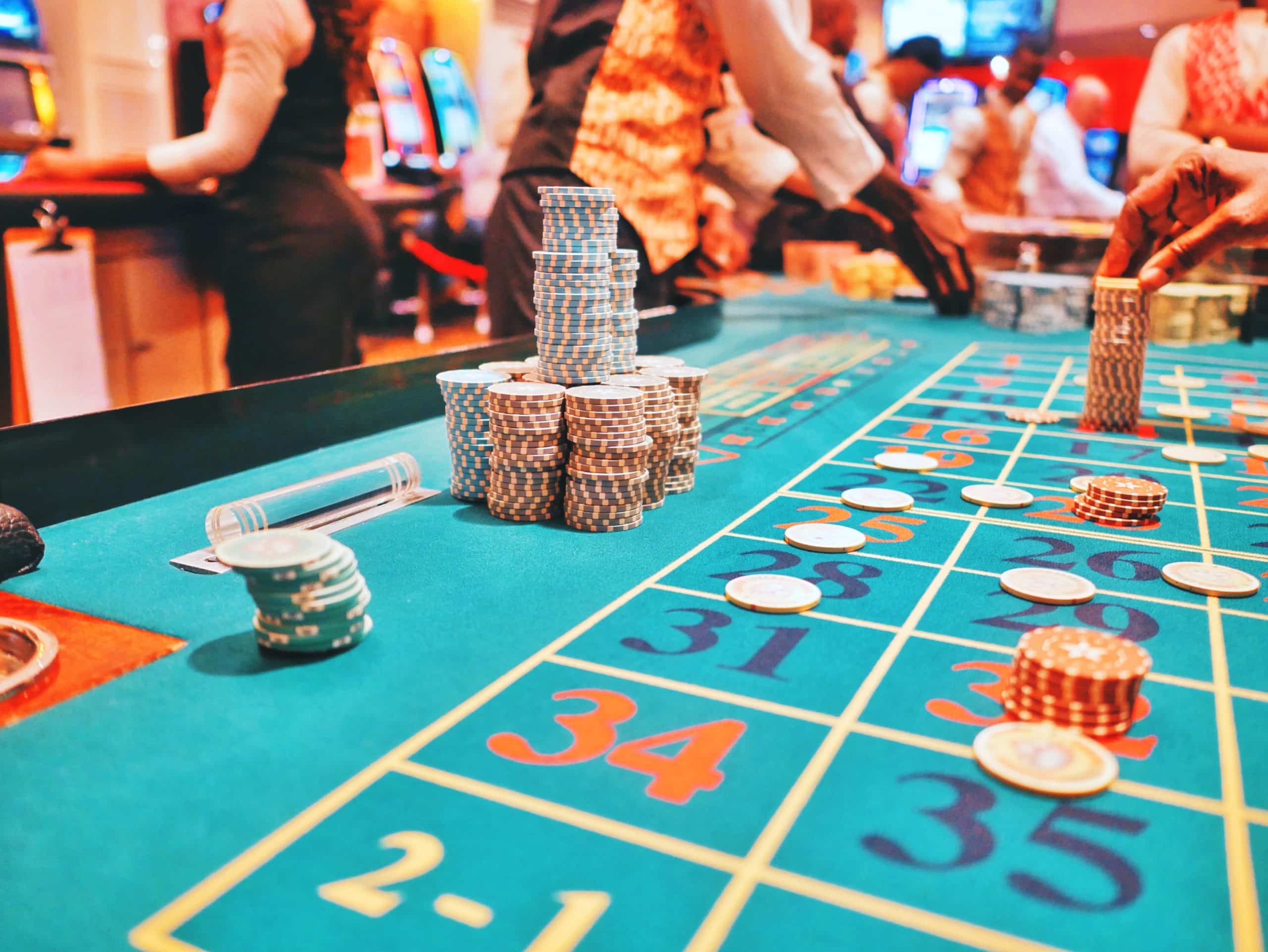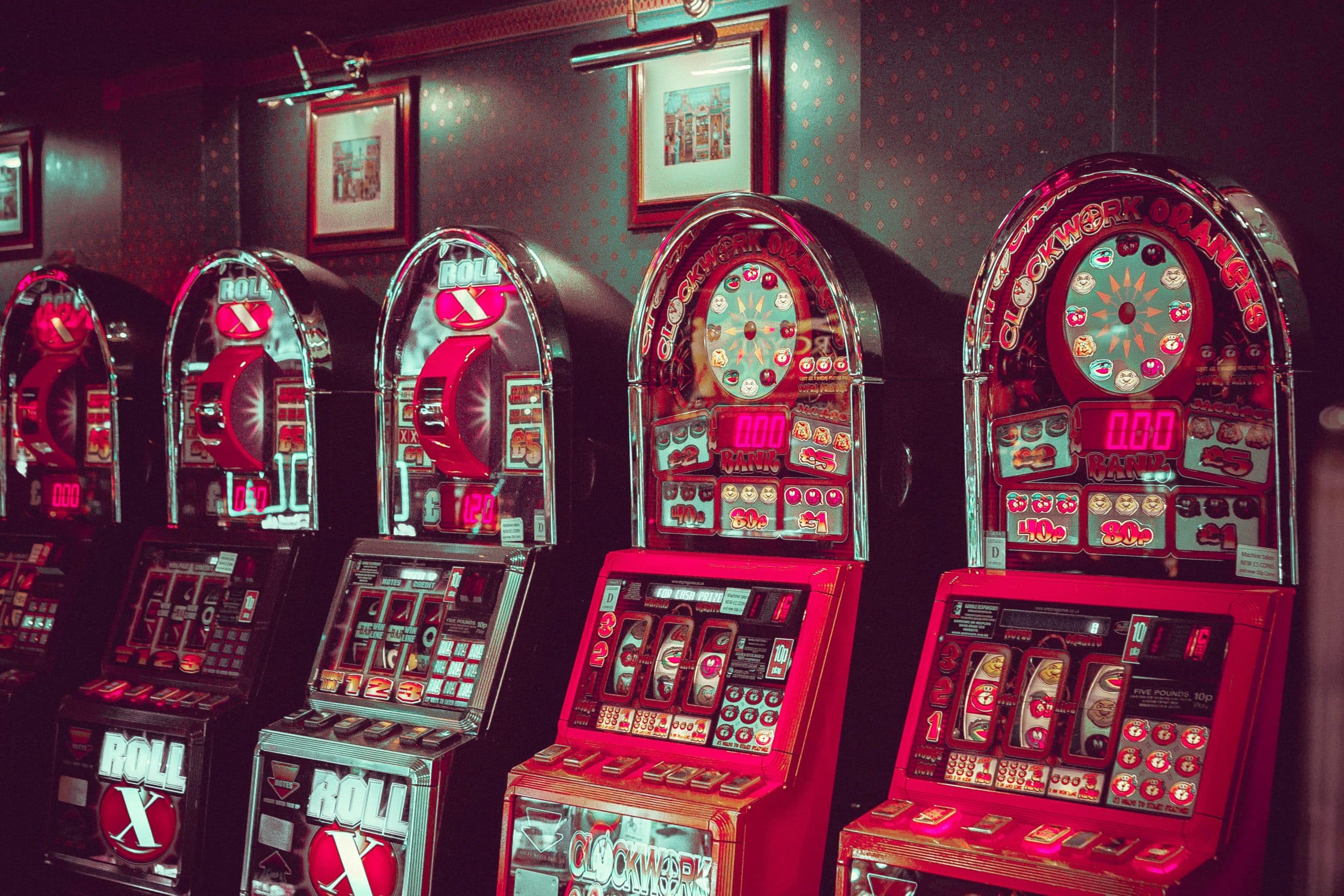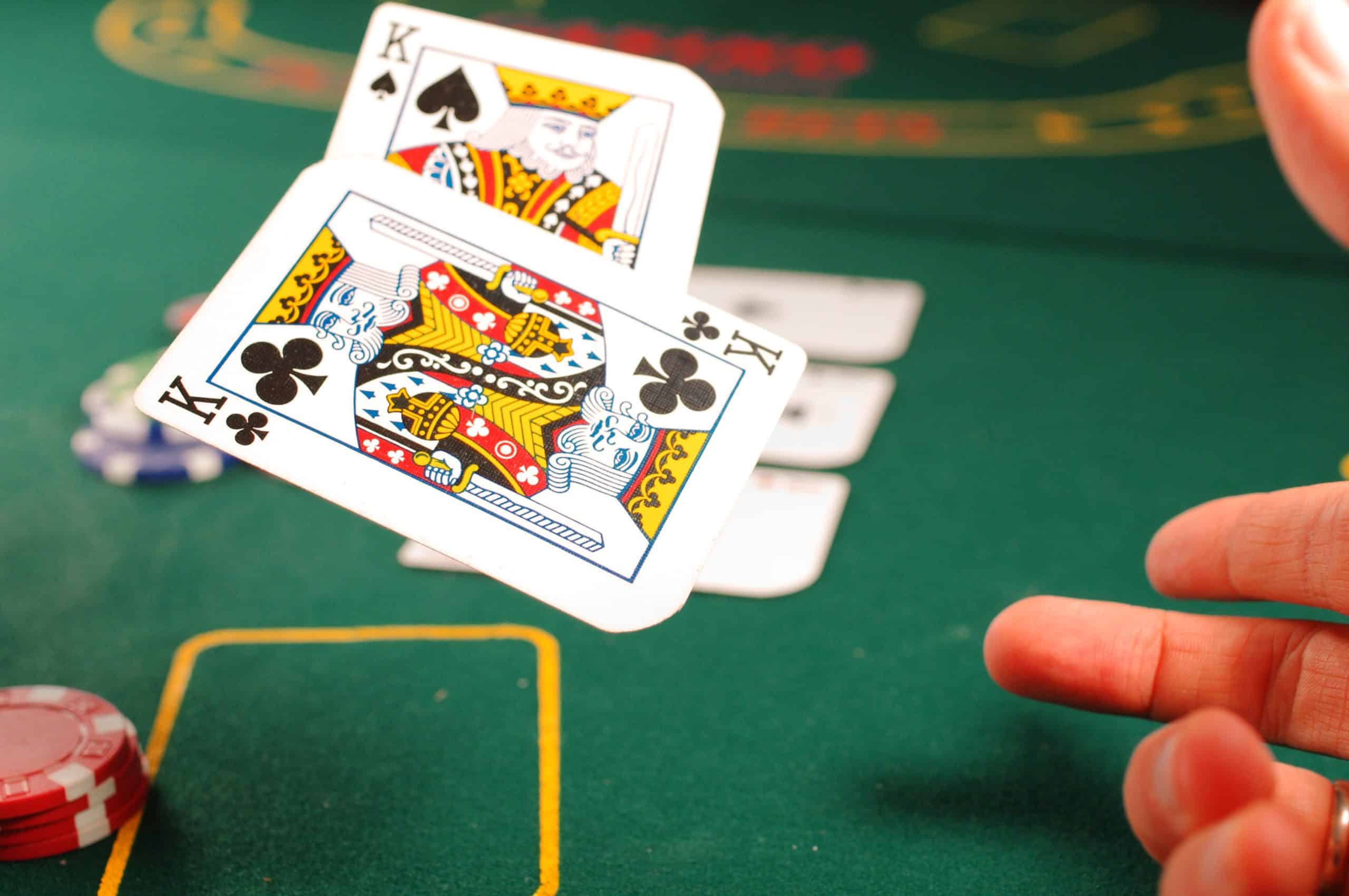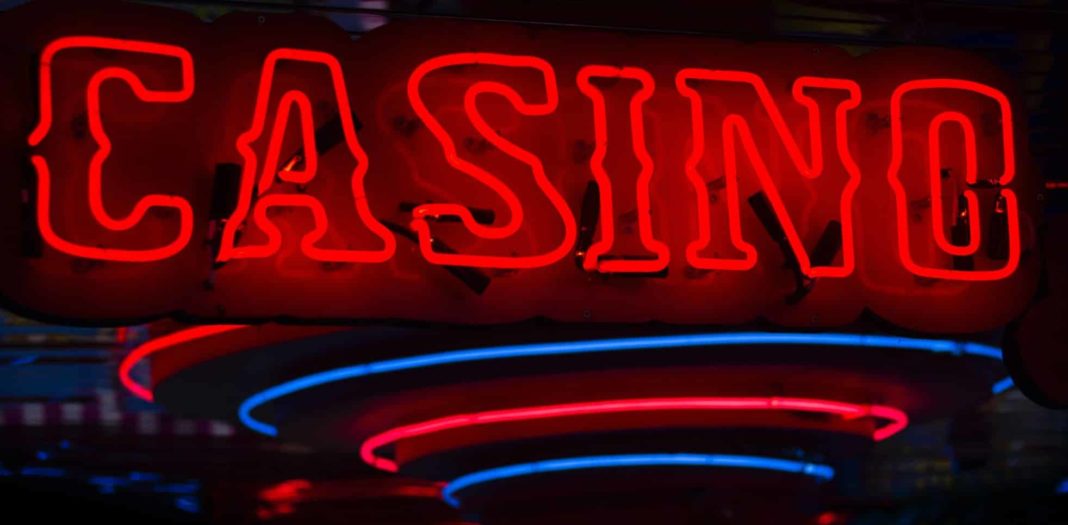- First published at Bitcoin.io
Some people see it as the holy grail while some groups view it as the hole where you deal straight with the Devil—casinos. Stirring controversies ever since its inception and even more when it rose to popularity, casinos have been sitting atop their money-making machines while people debate over their pros and cons. Eventually, these vapid discussions trickled down to street talk, exaggerated beyond belief and eventually gave birth to casino myths.
Casinos, whether land-based or online, are often misconstrued as enablers of addiction, debt, and all things negative. If you don’t know much about casinos then that’s probably how you see it.
At its core, however, casinos are nothing but establishments that offer entertainment and gaming services all in exchange for designated fees. In its basic sense, casinos are like an arcade or a theme park catering strictly to adults. It is completely up to you, the player, on how you’re going to spend your time and money wisely within the carpeted and welcoming walls of brick and mortars.
5 Casino Myths
Some people see casinos as the harbinger of bad luck and debt while others see it as a one-way ticket to an extravagant life. From people on opposite sides of the spectrum came an endless list of casino myths that remain up to this day.
A few points from this list supposedly reveal the secret to becoming an instant millionaire while others unveil how casinos trick and deceive their players into playing longer. Whatever they may be, find out for yourself whether these myths hold a fraction of truth in them, or if they are all indeed just fiction.
- Players are manipulated into staying longer in casinos

Rumour has it that casinos have their own ways of encouraging their players into staying longer within the confines of their business. Some of these tricks are pampering them with a continuous stream of free alcoholic drinks and keeping clocks off their walls so players lose their sense of time.
While these small myths are true based on casino managers, some accounts are exaggerated misconceptions. This includes pumping oxygen into the casino’s vicinity to make players stay longer and more pliable into spending more money.
Aside from the lack of evidence backing up this claim, it is actually illegal to mess with the air in an establishment and to do so would be a violation of air quality laws. Additionally, medical-grade oxygen and the special equipment required to pump it costs millions and releasing oxygen that goes beyond a certain level creates a fire hazard. Both cases create an unfortunate situation for casinos.
2. The more you play the more you win

Some players believe that the more time you spend dedicated to a single slot, the higher your chances are of landing a win, and the longer you’ve been playing, the larger the jackpot could be! The Random Number Generator or RNG, however, makes this idea impossible and therefore debunks this myth.
Every time you spin the reels of a slot, you have the same chance of winning the jackpot as in the previous game. The same goes for any other player. Whether they have been playing for five minutes or for more than two hours doesn’t matter. All games in the slots are purely random. The results are generated by RNG which already determines symbols that will land on the reels the moment you press the spin button. The RNG is the computer program that runs a continuous flow of random numbers. Each number corresponds to a certain symbol in the game.
- Security officials hold a trigger button
 It is widely spread that the casino’s security personnel watch from security cameras in their rooms and determine which among the patrons are lucky enough to land a win. They supposedly hit a trigger button that sends a machine sputtering with payouts. Of course, this is false and remains a myth.
It is widely spread that the casino’s security personnel watch from security cameras in their rooms and determine which among the patrons are lucky enough to land a win. They supposedly hit a trigger button that sends a machine sputtering with payouts. Of course, this is false and remains a myth.
Tampering with a slot machine or any gaming mechanisms in casinos would be a violation of casino gaming rules overseen by regulating bodies. Casinos would lose their licenses and could cost them their whole business. In addition to that, the house simply cannot alter with the games and decide who gets to win. Again, most of the games in casinos rely completely on luck.
- Online casinos shouldn’t be trusted
 Others are wary of online casinos because there’s no physical body of administration that they can hold accountable in the instant problems arise. Some don’t trust online casinos for the very fact that they exist online and could be prone to hacking and tampering by other parties or even by the casino itself. Since it’s relatively new to some patrons, online casinos can be intimidating to others, especially with its technological aspect.
Others are wary of online casinos because there’s no physical body of administration that they can hold accountable in the instant problems arise. Some don’t trust online casinos for the very fact that they exist online and could be prone to hacking and tampering by other parties or even by the casino itself. Since it’s relatively new to some patrons, online casinos can be intimidating to others, especially with its technological aspect.
Rest assured, however, there are regulatory bodies that certify the legitimacy of online casinos. Additionally, there are gambling policies that ensure safe gaming on the Internet.
- Online casinos are rigged
 There’s a common misconception that games in online casinos are programmed in favour of the house and would, therefore, give smaller or fewer wins to the player. Because there are no physical slot machines or croupiers that you can see deal your cards in the flesh, some believe that it’s easier for online casinos to tamper with software and change the odds.
There’s a common misconception that games in online casinos are programmed in favour of the house and would, therefore, give smaller or fewer wins to the player. Because there are no physical slot machines or croupiers that you can see deal your cards in the flesh, some believe that it’s easier for online casinos to tamper with software and change the odds.
This, however, is false. Gaming providers are the ones who supply games to casinos and they are those who ensure that their products and services are accurate and reliable. These games are later tried by testing agencies such as eCOGRA. When proven fair and legal, these games and companies earn a seal of certification, proving their legitimacy. So no, online casinos aren’t rigged because that would mean bad business for both gaming providers and online casinos.
The Metal Reels Aren’t Real
 Casinos have created a community within its carpeted walls and urban legends are bound to come out from the members of this money-driven community. Some myths hold a bit of truth while others are ridiculous. What’s important when playing with slots or cards is that you’re enjoying and not stressing yourself all the more. Reminder to always bet only with what you’re willing to lose. Play for entertainment and not for profit.
Casinos have created a community within its carpeted walls and urban legends are bound to come out from the members of this money-driven community. Some myths hold a bit of truth while others are ridiculous. What’s important when playing with slots or cards is that you’re enjoying and not stressing yourself all the more. Reminder to always bet only with what you’re willing to lose. Play for entertainment and not for profit.





